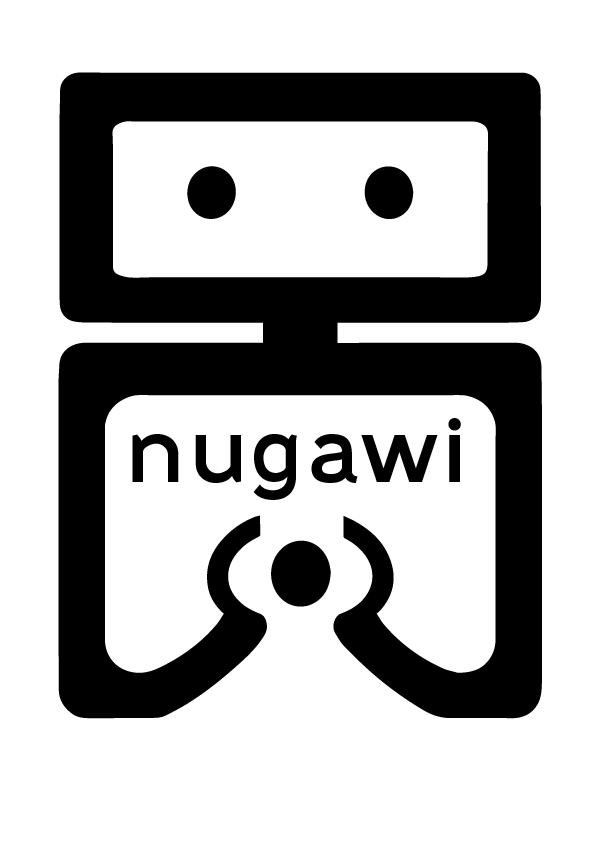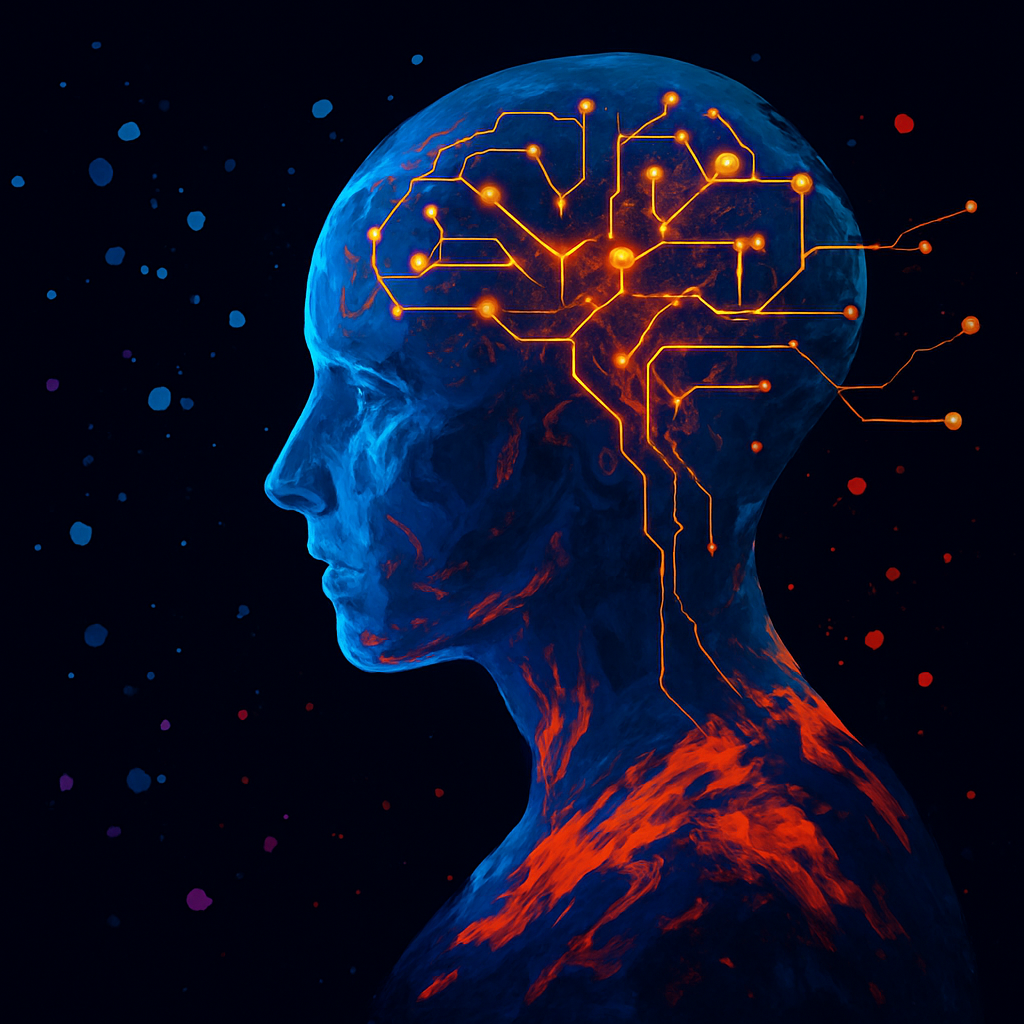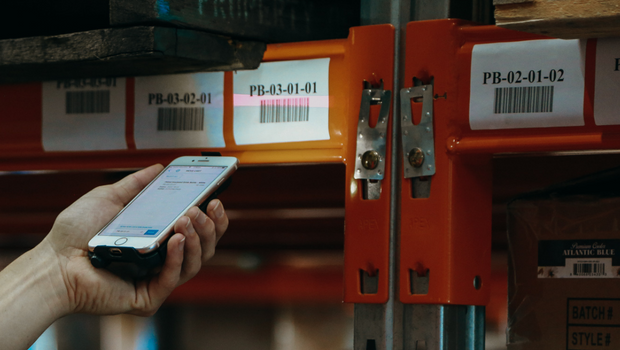
Unlock the Power of AI Automation
Deploy Agents, transform your operations, amplify your team, and accelerate business growth with Nugawi. AI-powered automation for the real world. 76% of our automations pay for themselves in 12 weeks and continue to deliver value for years.

What We Deliver
AI-Powered Solutions for Your Business
From AI agents to custom integrations, we deliver end-to-end automation solutions that transform your operations.
AI-Powered Agentic Automation
Streamline workflows, deploy agents to automate manual work, and unlock actionable insights with tailored AI solutions.
Intelligent Document Processing
Extract, classify, and organize unstructured data (emails, contracts, invoices) with cutting-edge language models.
Custom Integration & Orchestration
Connect your systems, databases, and SaaS tools to automate end-to-end business processes.
Automation Discovery & Advisory
Identify the best opportunities for automation and AI, and build a scalable roadmap—fast.
Bespoke Software Development
From quick scripts to full web apps, we build and support automation that fits your exact needs.
Who We Help
Specialized Solutions for Key Industries
Right-sized Solutions for Medium Businesses
AI-first approach with end-to-end automation, proven domain expertise, and speed to value for medium-sized businesses across various industries.Property Management
Streamline property operations, tenant management, and maintenance workflows with AI-powered automation tailored for property management companies.
Reverse Logistics
Optimize returns processing, inventory management, and supply chain efficiency with intelligent automation solutions for reverse logistics operations.
Business Operations
Transform core business processes across departments with comprehensive automation solutions that enhance productivity and operational efficiency.
Digital Transformation for SMEs
Competitive Advantage Through Automation
Business Efficiency AI
ROI automation solutions that deliver productivity improvement AI and reduce manual processes across your organization.
Azure OpenAI Consultancy
Microsoft AI partner with 25+ years experience in AI systems integration and process mining with AI across global markets.
GenAI Business Automation
Machine learning automation and AI agent consulting using cutting-edge language models and intelligent automation platforms.
How We Work
Step 1: Discovery
Understand pain points and identify the highest-impact automation opportunities in your business.
Step 2: Rapid Prototyping
Build and test proof-of-concept solutions using your real business data and workflows.
Step 3: Scalable Delivery
Deploy production-ready solutions that scale with your business needs and requirements.
Step 4: Ongoing Support
Provide continuous optimization and support to ensure maximum value from your automation investment.

Speed to Value
What Makes Nugawi Different?
Modern automation, tailored for the real world.
We bring the latest in AI/LLMs to automate complex workflows—beyond simple bots.
From advisory to implementation and ongoing management.
Fast, agile, right-sized projects—no armies of consultants, just real results.
Technologies
Our Technology Stack
We use the most advanced tools and platforms to deliver world-class AI automation
Cutting-edge language models including GPT-4, Claude, and open-source alternatives for intelligent document processing and conversational automation.
Custom AI development using frameworks like TensorFlow, PyTorch, and scikit-learn.
Leading RPA platforms for robust business process automation.
Scalable and secure cloud infrastructure for enterprise AI solutions.
Seamlessly connect with your existing systems using REST APIs, GraphQL, and webhooks.
Advanced agent development using MCP (Model Context Protocol) and A2A (Agent-to-Agent) frameworks for sophisticated multi-agent systems.
Featured Case Studies & Insights
View all posts »Explore how we deliver impact for real estate and enterprise clients with AI-powered automation.
FAQ
Frequently Asked Questions
Common questions about AI automation consultancy, business process automation UK, intelligent automation consulting, and hyperautomation services for mid-sized companies.
What business process automation services do you offer across UK, Europe, and US?
As a leading AI automation consultancy, we deliver end-to-end automation solutions including intelligent document processing AI, AI accounts payable automation, real estate automation solutions, AI in property management, PropTech automation, supply chain automation, AI in supply chain automation, finance process automation, UiPath automation experts, Power Automate consultancy, and Python automation specialists.
Do you provide AI solutions for SMEs and automation for mid-sized companies?
Yes—we specialize in digital transformation for SMEs and automation for mid-sized companies. Our AI consultancy for mid-market delivers competitive advantage automation, ROI automation solutions, and business efficiency AI without enterprise-level complexity or cost.
How quickly can I see value from automation?
We aim for rapid prototyping and delivery, so you’ll see practical results within weeks—not months or years.
Can you integrate with our existing systems?
Yes, we specialize in integrating automation and AI with your existing tech stack—SAP, Salesforce, bespoke databases, and more.
Do you offer real estate automation solutions and PropTech automation?
Yes, we provide specialized AI in property management including lease automation with AI, tenant onboarding automation, real estate process automation, and property data analytics AI. Our PropTech automation solutions transform property management operations.
Can you help with supply chain automation and logistics process automation?
Absolutely. We deliver smart supply chain solutions including inventory optimization AI, logistics process automation, demand forecasting with AI, supply chain digital transformation, and order management automation for manufacturing and distribution companies.
What finance process automation and back-office automation do you provide?
We specialize in AI accounts payable automation, automated invoice processing AI, financial operations automation, AP automation solutions, AI in finance transformation, and comprehensive back-office automation consultancy to reduce manual processes AI.
How quickly can I see productivity improvement AI and reduce manual processes?
Our rapid prototyping approach delivers practical ROI automation solutions within weeks. We focus on business efficiency AI and productivity improvement AI that shows measurable results fast—not months or years.
How do I get started?
Just reach out via info@nugawi.ai for a no-obligation discovery call, and we'll walk you through the best options for your business.
Ready to Accelerate Your Business with AI Automation?
Schedule your free discovery call today.




